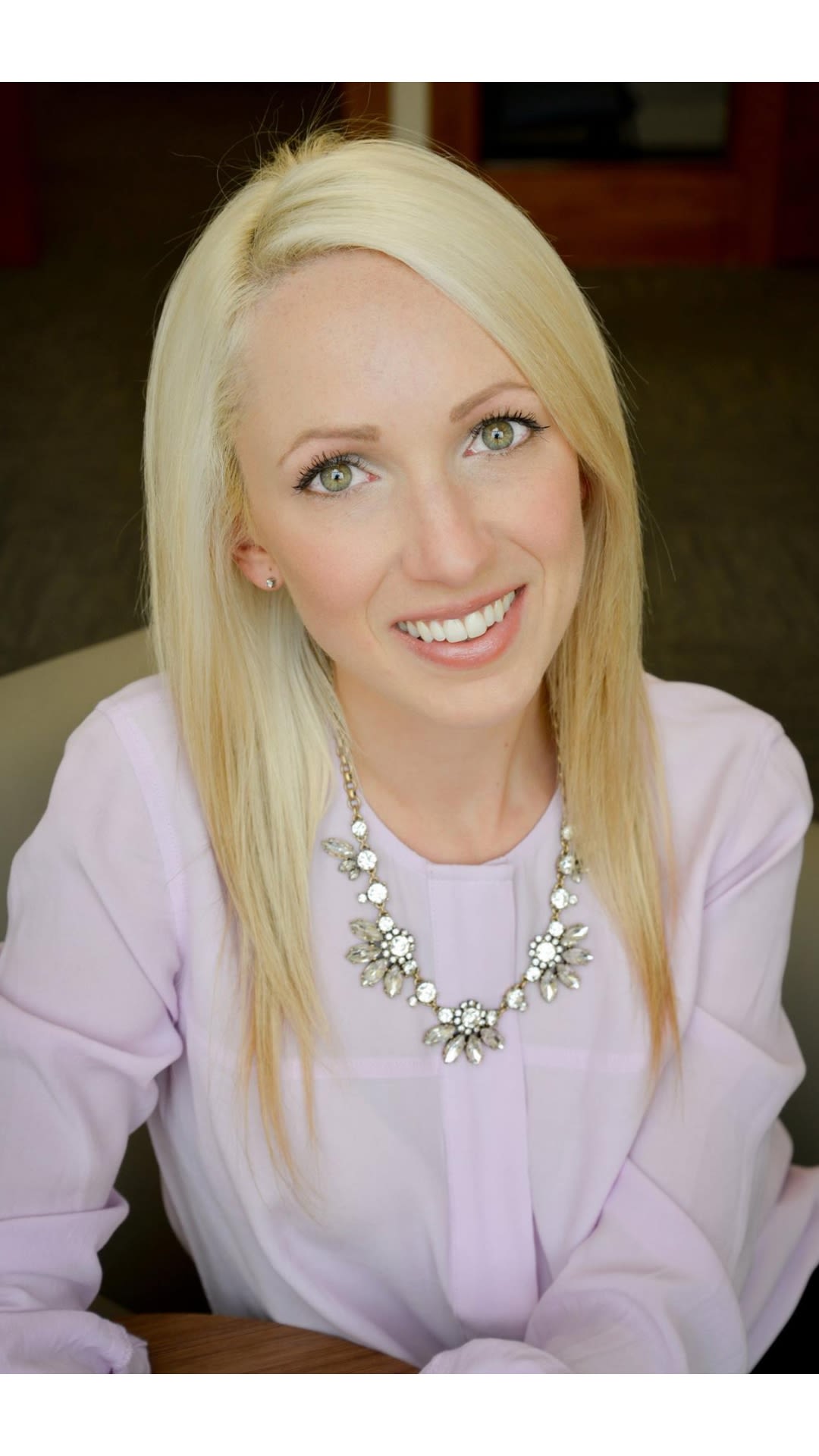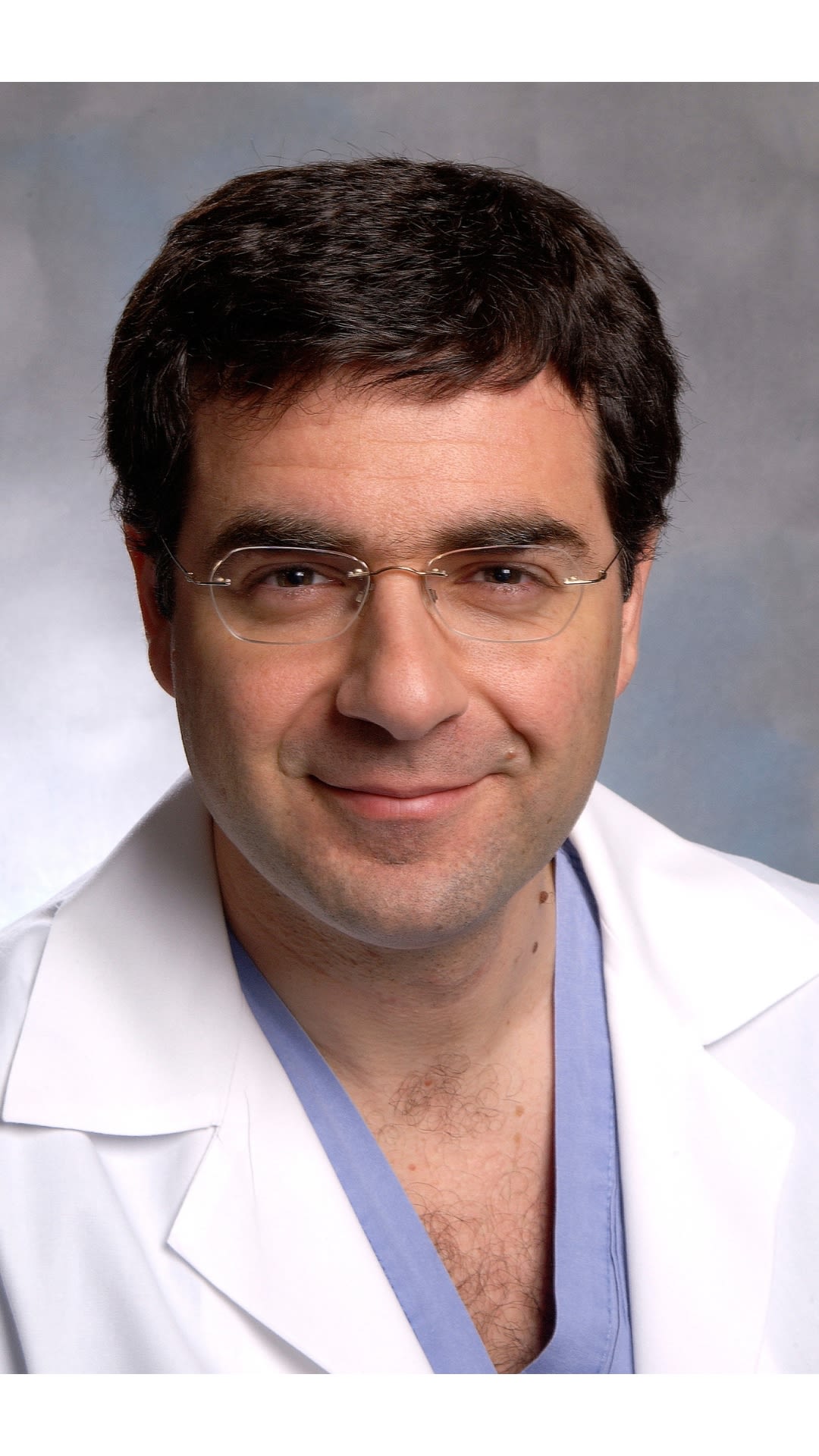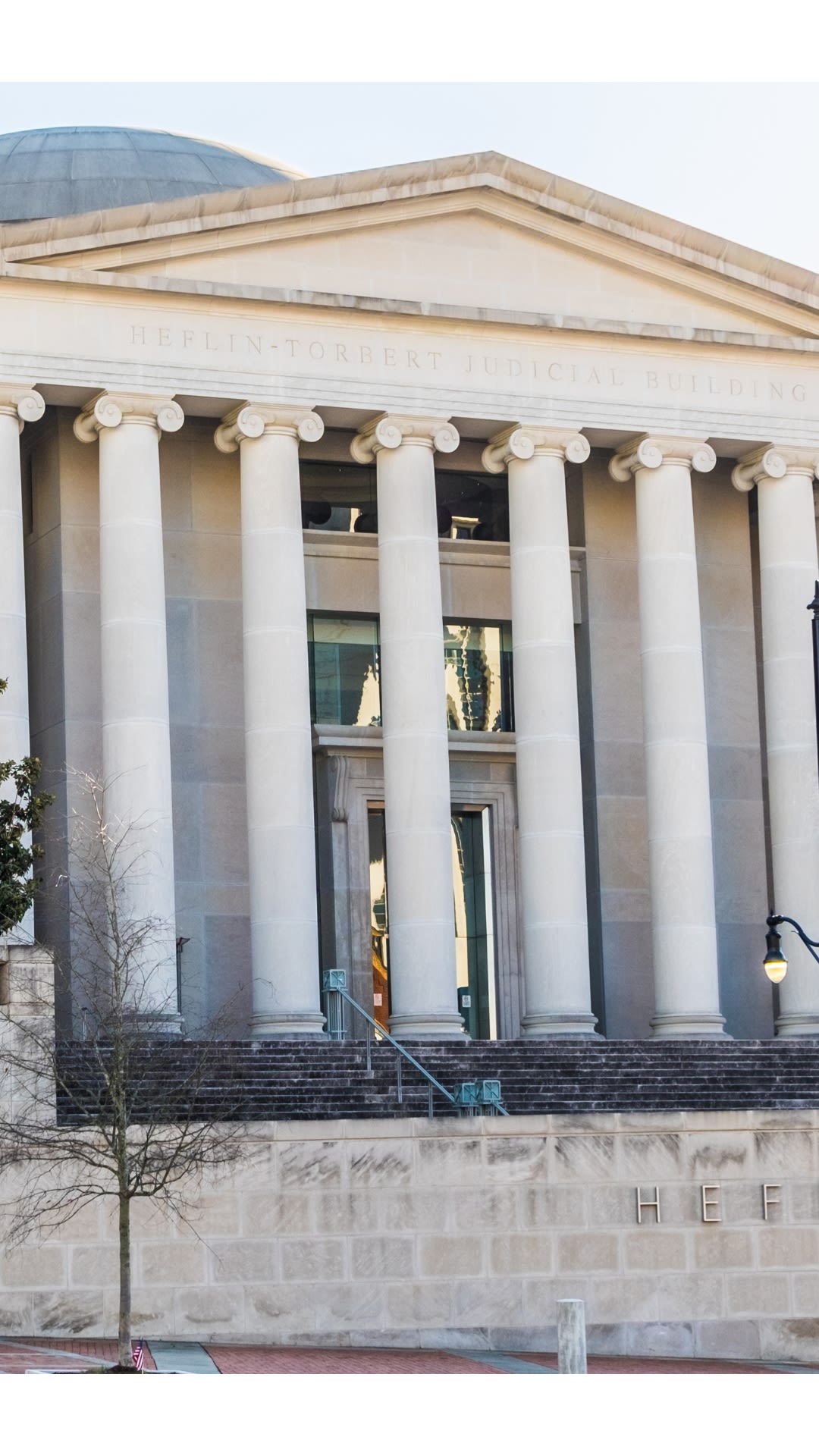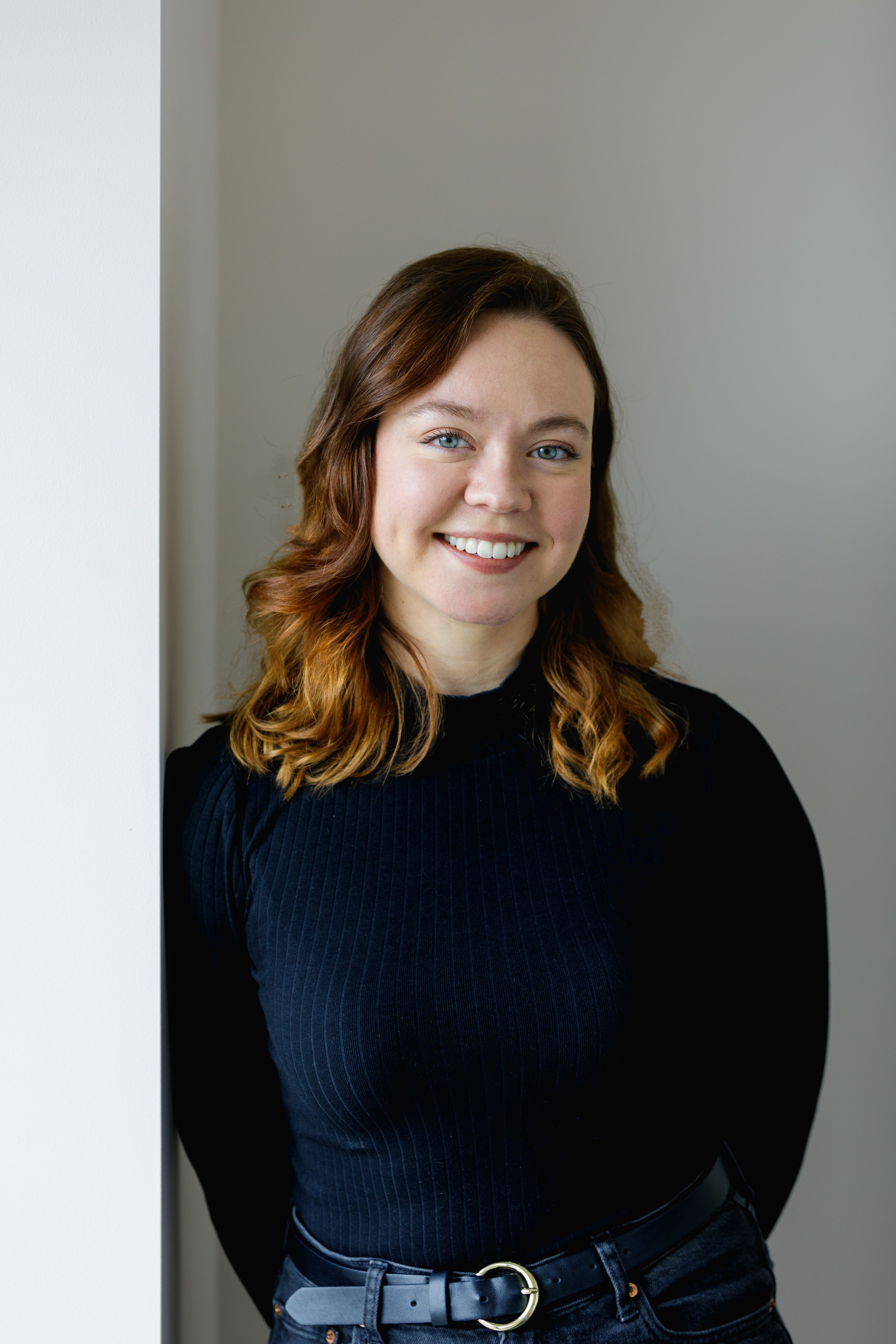After Alabama
Challenges to IVF at the Local, National and Global Levels

In December of 2020, a patient at the Center for Reproductive Medicine in Alabama walked into the cryogenic freezer, opened a cryotank and dropped embryos on the floor after burning his hand on the freezing liquid nitrogen used to preserve them. It should be noted that embryos are frozen in liquid nitrogen to slow the metabolism – to preserve them akin to slowing the breakdown of food in a freezer - something that would kill a baby. The embryos, the property of three different couples, were destroyed once they hit the ground. The couples sued under the Alabama statute, Wrongful Death of a Minor Act.
The use of the word “minor” to describe an embryo, something that was widely considered property rather than a life, sent the case to the Alabama Supreme Court, which ruled that frozen embryos are children. Almost immediately, IVF clinics in Alabama, one after the other, halted their procedures, leaving hundreds of people waiting on treatment in one of the most painful limbos of their lives. The Alabama decision left people in the state and throughout the nation in shock, which quickly turned to sadness and outrage.
As of March 1, temporary protections have been put in place through legislation that protects providers from civil liability when practicing IVF. The protective legislation was largely due to scores of advocates that came out against the ruling. Treatment has resumed, but the language has not changed – embryos are still considered people.
Here at AllPaths Family Building, Kate Weldon LeBlanc, Executive Director, has been working hard to reassure the community. “Struggling with fertility and family building is already difficult emotionally, so part of what made the Alabama decision concerning is that it added stress, even for those outside of the state,” she says. “One of our priorities has been reassuring our community that the ruling did not apply beyond Alabama. There has been no change to fertility care or embryo storage in New England at this time. However, from an advocacy perspective, we want everyone who cares about fertility to know that we need to support the availability and effectiveness of IVF nationwide.”
Personhood legislation in the global and local contexts: Lessons from abroad
For the lawyers, doctors, and advocates in the fertility and reproductive health space, the ruling itself was not surprising; in fact, they’ve been wary of it since the fall of Roe in 2022.
Janene Oleaga, a family formation lawyer, said in a statement by email, “There was no shock in the Alabama decision itself, though the quoting of the Bible passages did surprise me. When Roe and Planned Parenthood were overturned by Dobbs my colleagues in the assisted reproductive community were criticized for overreacting. We were told ‘it’s only abortion’ and ‘of course no one is coming for IVF! They are pro-life!’ We were not overreacting. They did.”
The Bible quotes Oleaga refers to concern Justice Tom Parker referring repeatedly to God – 41 times – including that it’s “an affront to God” and an “effacing of His glory” to destroy embryos.
“Extreme judges and politicians won’t stop at IVF either,” Oleaga says. “If they can successfully take away abortion rights and IVF they will come for birth control next. We are not overreacting.”
In fact, there is global proof of that. Dr. Antonio Gargiulo, a reproductive endocrinologist from Italy now serving at Brigham and Women’s Hospital in Boston, has seen this all play out before.
In 2004, Italy enacted Law 40, a law that prohibited medical medical research on embryos. The law lasted for what Dr. Gargiulo described as a “heartbreaking” and regressive decade. His experience practicing for 10 years under what he would call “going back to the middle ages of IVF” has made him wary of what he’s seeing unfold in the U.S. He calls it a warning.
“In Alabama, the situation is dire: it is analogous to the first weeks after Law 40 was enacted. Most centers actually stopped functioning altogether and clinical care just ended.” And with a chilling swiftness, we did see three clinics shut down almost immediately following the ruling.
As Oleaga told me, the concept of personhood at conception isn’t new. “While Dobbs refrained from addressing personhood, it made clear that the states should decide matters relating to abortion - and some states did so by introducing personhood legislation. It's not enough to ban abortion - some politicians are going to take it all the way to declaring that an embryo is a person deserving of human rights as this Alabama Supreme Court did. We need legislation that directly opposes personhood. We cannot accept anything less.”
Our rights as individuals to bodily autonomy and family building are not the only things threatened – medical and technological advancement are also at risk of being stunted. Oleaga explained that while personhood legislation is in place, “that the two cannot co-exist. We cannot have IVF and all of its advancements in medical technology if we also have personhood legislation.”
Janene Oleaga, Esq.
Janene Oleaga, Esq.
Dr. Antonio Gargiulo
Dr. Antonio Gargiulo
Heflin-Torbert Judicial Building, Montgomery Alabama
Heflin-Torbert Judicial Building, Montgomery Alabama
Patient and provider migration: the impact of personhood legislation on scientific advancement, local economies, and patient health
Furthermore, Dr. Gargiulo explained that personhood legislation in states like Alabama will result in skilled worker migration. Someone will profit off of this legislation. The exorbitant expense people pay for this procedure will still be spent by those who can afford to, according to Dr. Gargiulo, meaning profit will move out of state as individuals and couples look for the care they’re being denied in their own state. The migration of patients, research, and money has implications on the future of state economies, highlighting yet another impact of restrictive reproductive legislation.
“Doctors will get licenses in both states and start seeing patients in those states and organizing treatment in the adjacent states.” Dr. Gargiulo explains that he believes that places like Boston and New York, where there is a concentration of world class fertility centers, will organize to serve those from other states, but it will only be those who can spend tens of thousands in travel plus medical care.
Again, Dr. Gargiulo speaks from previous experience practicing in Europe. Spain did this in response to Italy’s Law 40 in the 2000s, and profited immensely. They would see patients from Italy who had gone through their whole appraisal process in Italy, who would then travel to carry out the procedure in Spain.
“The centers in Spain tapped into the financial resources of one of the richest industrialized economies in the world for a full decade: they went from the periphery of IVF to being the world power of IVF (by accumulation of wealth, data, know-how).” This skilled worker migration has implications not only for individuals and couples who will be burdened with the extra expense, but also local state economies and scientific advancements.
According to Dr. Gargiulo, there is no way to remedy the issue unless it’s “tackled to its core” by means of voting to protect IVF. And this means voting for reproductive health and the right to bodily autonomy generally.
Words vs. actions: Remaining diligent in a world of misinformation
“Our organization does not believe fertility treatment such as IVF should be a separate subject from other aspects of reproductive health care. It is all health care and to me, fundamentally interconnected. These decisions should be made between people and their medical providers. Period,” says Weldon LeBlanc.
In a political landscape where misinformation and ideology often clash with medical expertise, we have to remain diligent. There’s been an outpouring of information on reproductive justice social media platforms, Oleaga’s included. When asked why it’s important to remain vigilant and weigh actions against words, she pointed out that, “Countless Republicans in Congress vocalized their unequivocal support of IVF in the wake of the Alabama decision. And many people applauded them – sharing their direct quotes on social media and using their words to defend the premise that Republicans are not coming for IVF. These very same people are counting on the fact that their constituents will pay attention to their words and not their actions.” Many of these politicians supported the Life at Conception Act in 2022, a bill that would effectively stop IVF in its tracks, just as we’ve seen play out in Alabama.
“And before someone jumps in and criticizes my words by saying ‘but the bill doesn’t mention anything about banning IVF', everyone in Congress knows the effect of this bill would be exactly that,” says Oleaga. “At least Rep. Michelle Stelle has withdrawn her co-sponsorship of the Act after declaring she is pro-IVF and sharing her story. Hopefully, we see more of this in the coming days. The Life at Conception Act is a real threat to reproductive rights in the United States.”
For AllPaths, the legislative focus is on supporting the federal bill S.3612/H.R.7056, the Access to Family Building Act, sponsored by Senator Tammy Duckworth and Representative Susan Wild. Senator Duckworth has been a dedicated advocate of protective legislation for IVF since trying to pass legislation in 2022, where she was thwarted by Republicans.
IVF as a socially silent condition: Why advocacy matters
The Right to Build Families Act of 2022 stated: “According to the Centers for Disease Control and Prevention (CDC), one in four women married to men have difficulty getting pregnant or carrying a pregnancy to term. This does not include the many LGBTQ+ couples and those that choose to parent without a partner who may need assisted reproductive technologies (ART), such as in vitro fertilization (IVF), to start and grow families.” This is an incredibly common challenge, meaning it’s almost impossible to avoid being personally connected to someone who has struggled with their fertility. So why has it been a silent epidemic in comparison to abortion, especially when legislation on abortion has such grave implications for IVF?
Dr. Garguilo told me that he believes “there is no social awareness of the magnitude of the problem. For big topics like contraception, divorce, abortion, the entire feminist movement and all progressive sympathizers have always mobilized. These are considered pillars of the women's emancipation movement. Infertility and IVF are not. This is not because they are not as important – and frankly vastly more common than abortion – but because they are a socially silent condition.”
There has also been a lack of centering medical expertise. Oleaga tells me, “I think this precarious position comes from a misunderstanding of what IVF entails.
I keep urging politicians to listen to reproductive endocrinologists and embryologists about what IVF and genetic testing entail to understand why it simply cannot continue if embryos are deemed people deserving of the same rights as living, breathing human beings.
We need more physician-led advocacy efforts and more politicians listening to actual medical practitioners.” Organizations like Doctors for Fertility are excellent sources.
Garguilo and Oleaga’s points call attention to what everyone at AllPaths works hard to do each day: there needs to be more advocacy to address these nuanced challenges, in order to find comprehensive solutions to a multi-faceted issue. For instance, the high cost of IVF ($15,000 to $30,000 a cycle) already threatens access. It would be much harder and more expensive to conceive if patients were limited to one or two transfers only (not to mention discarding embryos is something our bodies do naturally, at around 60 percent of the time). Infertility is often not covered adequately in health insurance plans as it is, and is not covered by Medicaid in the majority of the country. Furthermore, in some states that do have fertility insurance laws, they lack comprehensive coverage.
LeBlanc said of the issue, “some states do not yet have fertility insurance laws that are inclusive of LGBTQ+ or unpartnered people. So, our organization is supporting bills in Connecticut and Massachusetts related to this (and expect more to follow). We also support expanding coverage for fertility treatment and fertility preservation to Medicaid in the majority of the country. The bill in Vermont included Medicaid coverage, and there is a bill in Connecticut as well.” These bills are supported by many leaders in the health policy and fertility space, including law professor Katherine Kraschel.
Personhood legislation’s effect on marginalized communities
Marginalized communities, cancer patients, and patients who are prone to have pregnancies with genetic abnormalities are also largely impacted by personhood legislation.
The inability to cryopreserve embryos has a large impact on cancer patients, who often look to the technology as a ray of hope in a dark and unsettling time. Dr. Gargiulo wants to make it abundantly clear: “No embryo freezing essentially means no egg freezing either.” There would be little reason to freeze eggs that could not be inseminated using IVF or other assistive reproductive technology down the line. This complicates a cancer patient’s ability to choose how they want to have a child when they are able.
Patients who need genetic testing are also put at risk. This is perhaps the most dissonant aspect of the recent rulings on reproductive health in this country: those that want biological children are being told they cannot have them, and those that do not are told they must carry to term.
The LGBTQ+ community is no stranger to barriers to parenthood. We’ve seen cases in the last few years, namely in OK and PA (and globally, in Italy), where a parent has lost the rights to their child because they were not on the birth certificate (and oftentimes never told what was needed to secure the legal right to their child).
“Protecting legal parentage for LGBTQ+ individuals is imperative in today’s political climate. I always advise anyone who has grown their family through assisted reproduction to speak with a lawyer in their state to discuss what options are available to them,” advises Oleaga. “Sometimes this looks like an adoption process, other times it takes the form of a parentage petition.”
Hasty legal protections: temporary relief and uncertainty
The legislation that came out of Alabama in early March, which moved to protect practitioners from civil liability while practicing IVF, was a much-needed measure of relief for many. But it should be clear: it does not change the designation of personhood. It only protects physicians from being liable for harm.
“It was inspirational to see so many individuals - patients, doctors, allies - come together and advocate for reproductive rights in Alabama,” Oleaga said. “While the legislature took a positive step forward in drafting a bill to protect IVF and medical practitioners, the law isn’t quite the fix-all we were hoping for. The law fails to address the status of an embryo and does not declare that embryos are not in fact people. Without taking this head on, we are left with the Alabama Supreme Court ruling still entirely effective. And it’s exactly this concept of personhood that sets a dangerous precedent. The most dangerous part of the ruling is defining embryos to be children. The effect is the halting of IVF treatment. This law only addressed the effect and not the underlying personhood premise.”
Currently 13 states are considering personhood bills, according to the Center for Reproductive Rights. Iowa was one of the first states to ride the coattails of Alabama by trying to pass a personhood bill. According to NBC News, Senator Brad Zaun blocked the bill saying it could have “unintended consequences'' to IVF. The case in Alabama has been evidence that if abortion is not safe, this means IVF, contraception, and even divorce while pregnant are not safe. If one is not protected, every aspect of reproductive health is vulnerable.
“Our organization does not believe fertility treatment such as IVF should be a separate subject from other aspects of reproductive health care. It is all health care and to me, fundamentally interconnected. These decisions should be made between people and their medical providers. Period,” says LeBlanc.
Community resilience and strength in advocacy
Although not a fix-all, the protective legislation that passed March 1 was largely due to scores of advocates that came out in support of themselves and their community, and it was no small effort. Community is integral to times like these, and your stories and your advocacy hold power.
For Oleaga and AllPaths Family Building, it is the community they work with everyday that makes this advocacy imperative.
“I am in love with this work and the people I have met through it. My clients are some of the strongest and most genuinely good-hearted people I have ever met,” says Oleaga. “Family building through assisted reproduction and adoption can be heart-wrenching and anxiety-provoking – but it can also be beautiful. I feel privileged to assist my clients through all of it. It’s an honor to be trusted with such an intimate part of people’s lives and I don’t take that honor lightly. I will share this quote I gave to Maine Biz when I was interviewed about my practice: I get to play a small role in helping people become parents — watching children who are deeply wanted brought into loving homes. The magnitude of that is not lost on me.”
“The people currently struggling to grow their families, or who have struggled in the past, are so inspiring to us,” LeBlanc says. “We love getting to know them, supporting them, and advocating for them. No matter where the paths to parenthood lead, we want to be here for our whole community at all times.”
In times like these, advocacy is key. Sound, factual information is key. Sharing our stories is key. Organizations like RESOLVE: The National Infertility Association and AllPaths Family Building are not only a supportive part of our community, but are also vital to advocating for our rights and ensuring protective legislation is passed. While you never have to do anything beyond your capacity to be worthy of support, we urge you to stay informed and participate how you’re able. Sign up for newsletters and find advocacy days. Together we can continue to build a better future for ourselves, our families, our communities, and reproductive rights as a whole. We are here for you and we stand with you, in solidarity.
Further reading referenced in this article
Family Building and Advocacy Resources
- AllPaths Directory of Professional Services and Members
- AllPaths 2024 Federal and State Advocacy Efforts
- Doctors for Fertility (and those doctors’ social media accounts! Such as Dr. Lucky Sekhon and Dr. Natalie Crawford)
- RESOLVE: The National Infertility Association
- GLAD Law
- Connecting Rainbows
Thea is a volunteer with AllPaths Family Building and works in communications at Harvard Law School. Reproductive health, inclusive family building, and bioethics are a passion, and past volunteer positions include orgs like Our Bodies, Ourselves Today. A graduate of Mount Holyoke College, her background also includes science and health communications.
Thea is a volunteer with AllPaths Family Building and works in communications at Harvard Law School. Reproductive health, inclusive family building, and bioethics are passions, and past volunteer positions include orgs like Our Bodies, Ourselves Today. A graduate of Mount Holyoke College, her background also includes science and health communications.




